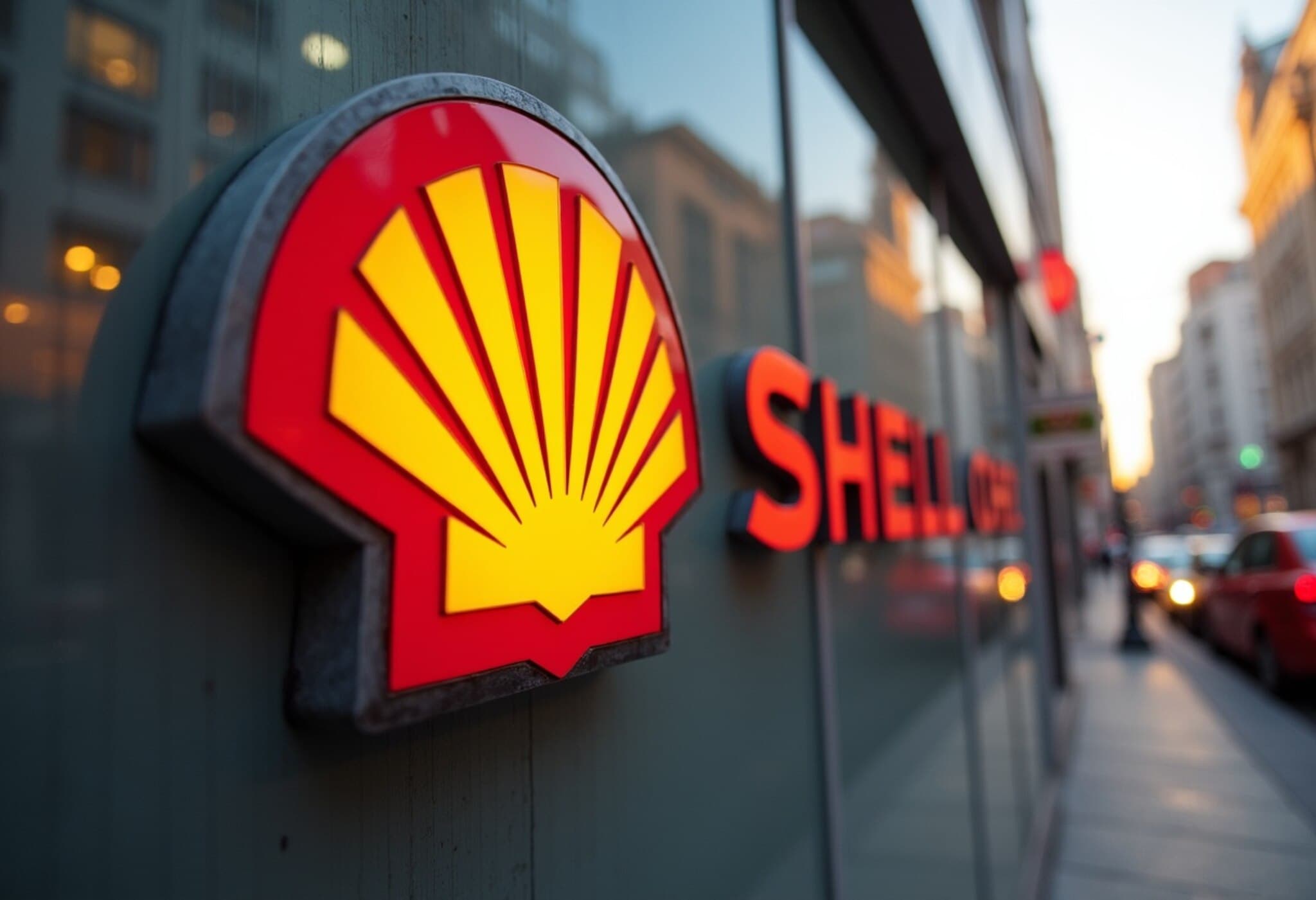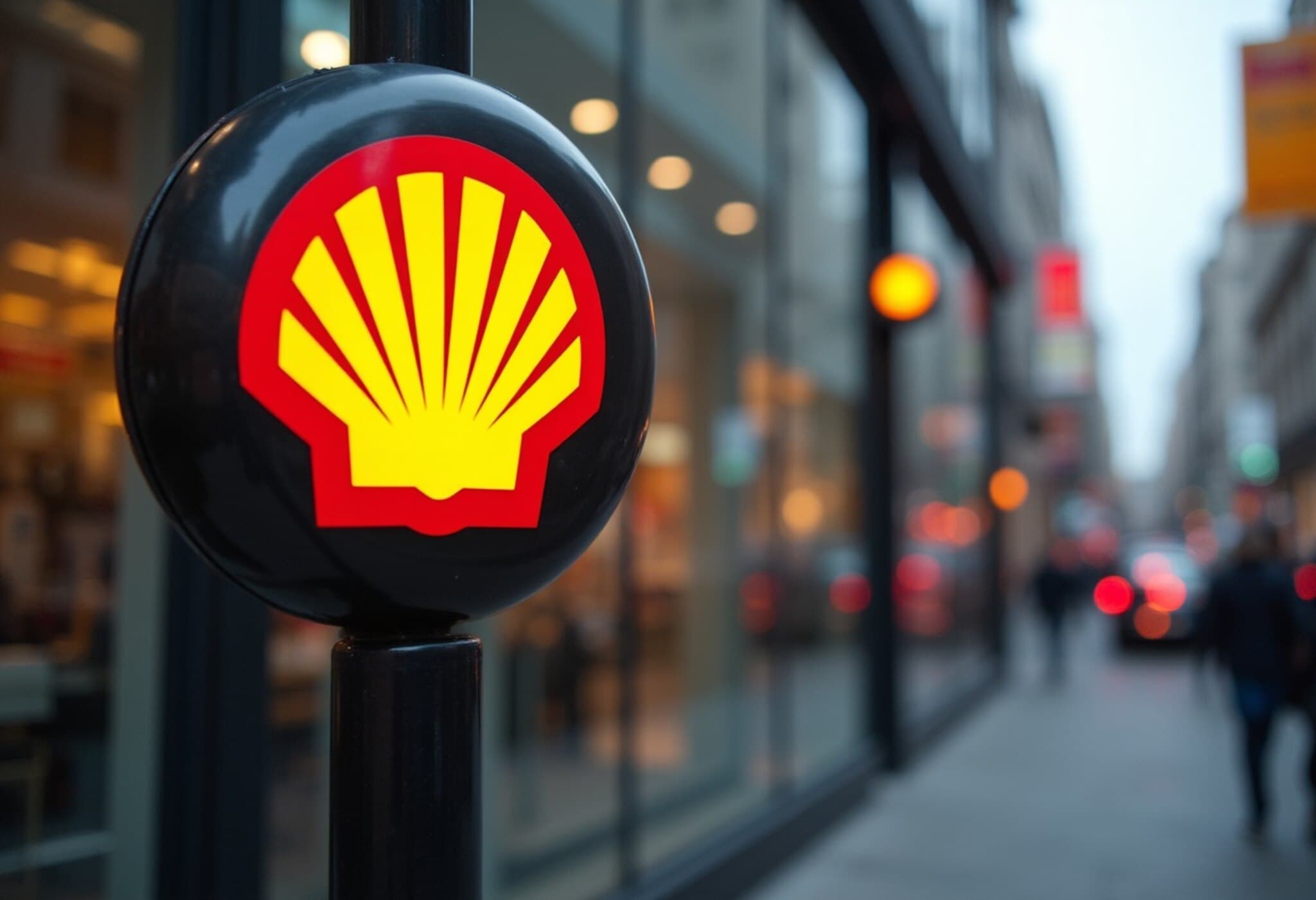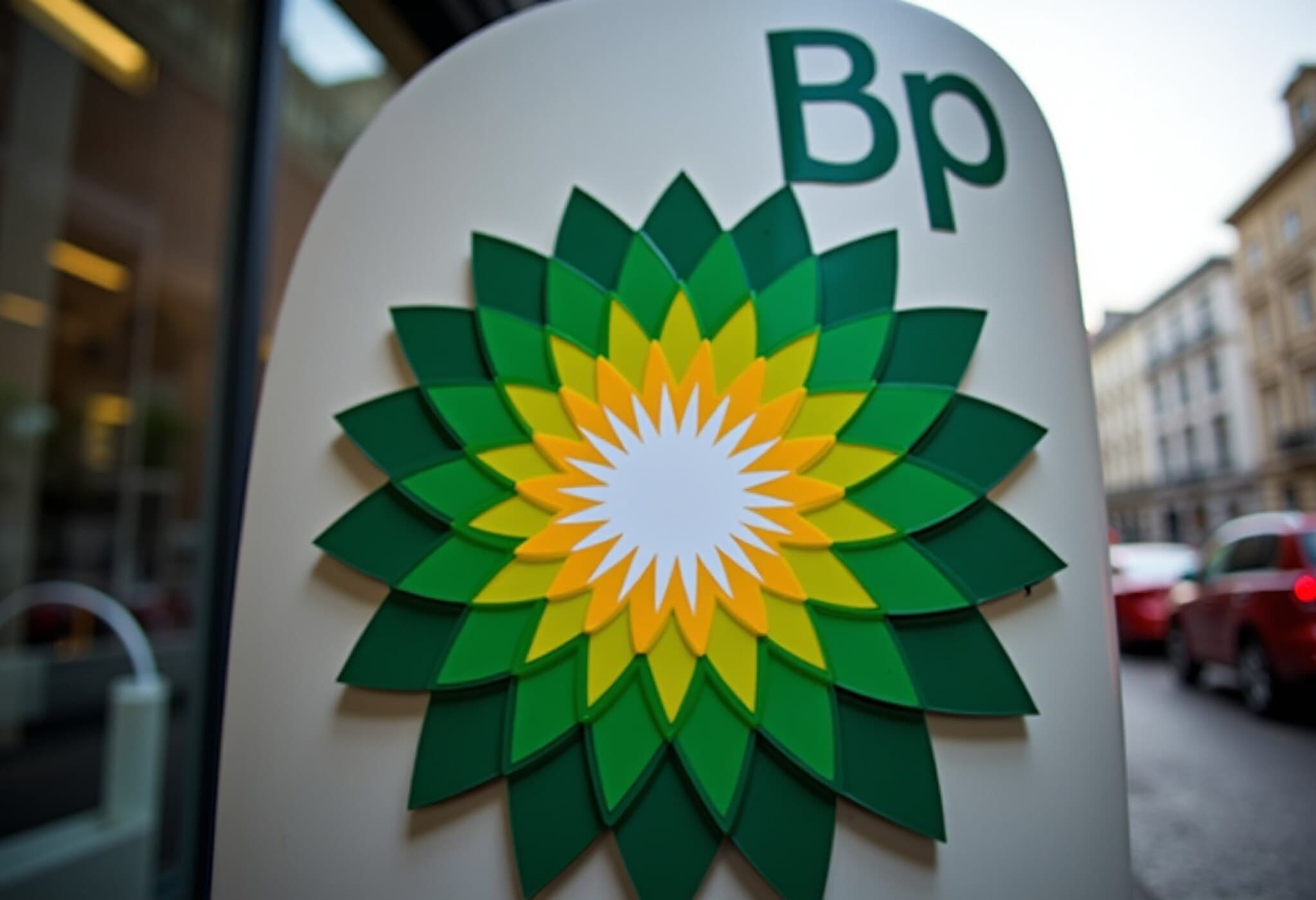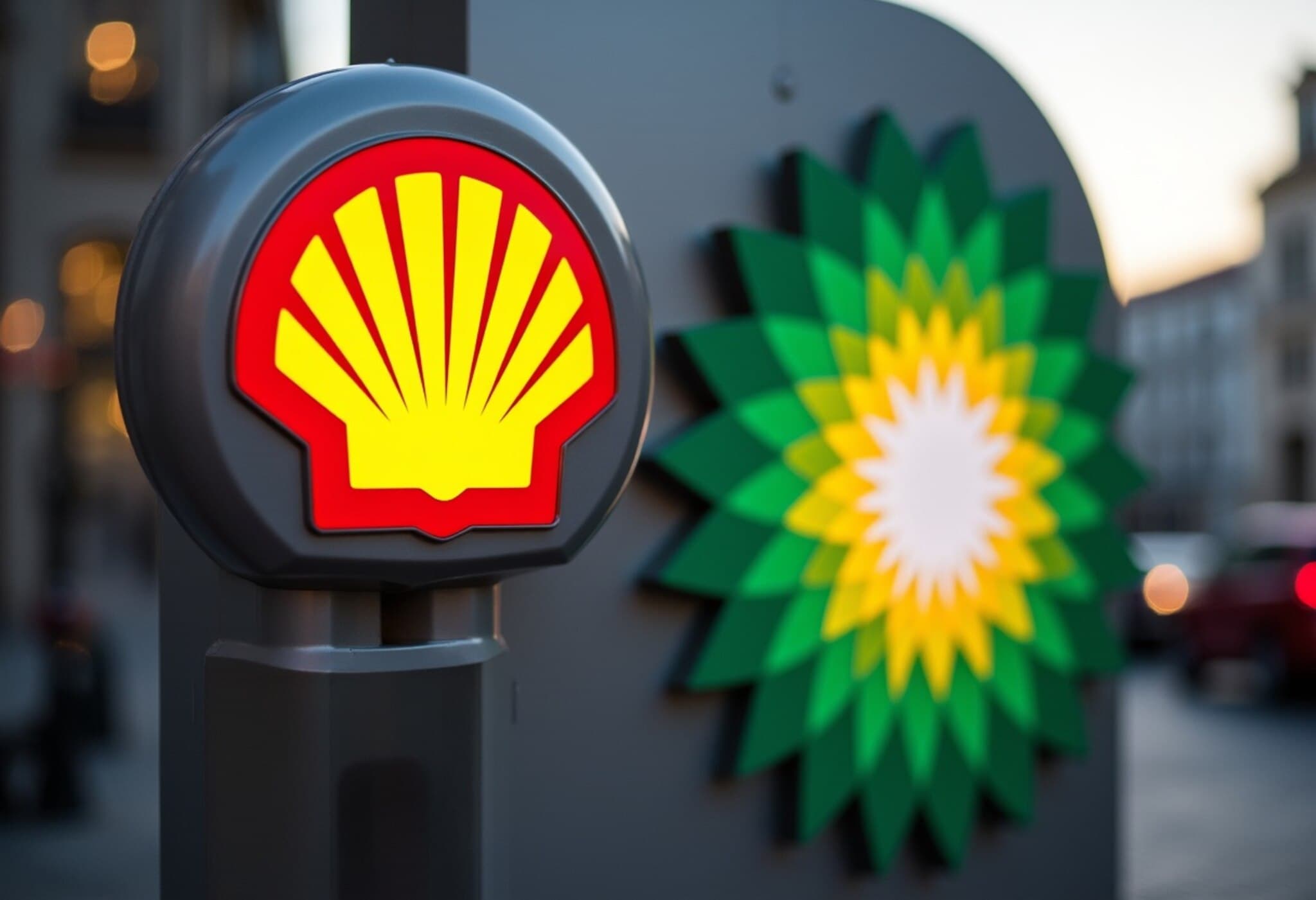Shell Surpasses Profit Expectations Despite Market Headwinds
In a notable demonstration of resilience, British energy titan Shell announced a second-quarter adjusted profit of $4.26 billion, comfortably exceeding analyst estimates. This earnings beat comes amid persistent global pressure from declining oil and gas prices, underscoring Shell's strategic adaptability in a complex energy landscape.
Steady Shareholder Returns Amid Operational Headwinds
Alongside its earnings report, Shell reaffirmed its commitment to shareholders by announcing an additional $3.5 billion in share buybacks over the next three months. This marks the company’s 15th consecutive quarter delivering buybacks exceeding $3 billion. CEO Wael Sawan expressed satisfaction with the company's progress, noting, "We continue on the momentum in transforming Shell, despite the challenging macroeconomic backdrop, and I'm pleased with our performance across all measures."
Mixed Division Performance Highlights Industry Challenges
However, the earnings announcement also revealed some operational setbacks. Shell's integrated gas division reported weaker than expected trading results, and its chemicals and products segment faced losses. These mixed signals reflect the broader uncertainties confronting oil and gas majors as fluctuating commodity prices and the global energy transition reshape the industry.
Strategic Focus: Streamlining, Value Creation, and LNG Expansion
Shell's strategic plans announced earlier this year prioritize shareholder value through persistent cost-cutting, operational discipline, and a reinforced push into liquified natural gas (LNG). The company has achieved $800 million in structural cost reductions in the first half of 2025, bringing cumulative savings since 2022 to nearly $3.9 billion. These savings are steps toward Shell's ambitious target of cutting costs by $5-7 billion by 2028.
On the LNG front, Shell remains the world’s leading trader, leveraging scale and competitive advantages to drive growth without necessarily pursuing acquisitions in size alone. Responding to questions about mergers and sector consolidation, CEO Sawan emphasized, "I don't buy bigger is better. It’s about driving value in areas where we have competitive strengths." This prudent stance arrives in the wake of speculation about Shell potentially acquiring BP, which Shell emphatically denied.
Market Performance and Investor Confidence
Shell’s strategic clarity has translated into market confidence; the company’s shares have climbed approximately 8% year-to-date, outperforming several regional peers. This trajectory supports Sawan’s assertion that Shell is delivering on its promises and staying true to its investment narrative. With net debt rising modestly to $43.2 billion as of Q2, investors are watching closely to see how Shell balances growth investments with financial prudence.
UK Listing and Corporate Identity
Addressing potential shifts in corporate domiciles, Sawan reaffirmed that moving Shell’s listing from London to New York is currently off the table. He stressed the importance of the company’s longstanding identity and track record, coining the phrase, "You can be sure of Shell," to encapsulate its steady, reliable presence in a turbulent sector.
Expert Analysis: Navigating a Changing Energy Landscape
Shell’s results provide a fascinating study in balancing legacy hydrocarbon operations with the imperatives of energy transition. While the company is navigating immediate price pressures and operational hiccups, its focus on LNG expansion aligns with broader global energy trends favoring cleaner-burning natural gas as a bridge fuel. Simultaneously, aggressive cost management underscores the maturity and discipline needed to stay competitive.
From an American economic perspective, Shell's resilience also signals confidence to U.S. markets and regulators amid evolving climate policies and tightening regulations. The sustained buyback program indicates a robust cash flow outlook, which may sway investor sentiment favorably despite sector volatility.
Looking Ahead
Shell stands at a crossroads, demonstrating how traditional oil majors can adapt in a decarbonizing world while still delivering tangible shareholder value. As global energy demand patterns shift and climate imperatives grow stricter, the company's next moves—particularly around renewables investments and portfolio reshaping—will be critical for sustaining momentum and market relevance.
Editor’s Note
Shell’s strong second-quarter performance and steadfast shareholder return policy speak to strategic discipline amid macroeconomic uncertainties. Yet, the mixed results in some divisions and incremental debt uptick invite ongoing scrutiny. How will Shell balance the need for immediate profitability with long-term sustainability goals? Readers are encouraged to watch closely how this energy giant navigates the accelerating transition away from fossil fuels while maintaining investor appeal.


















